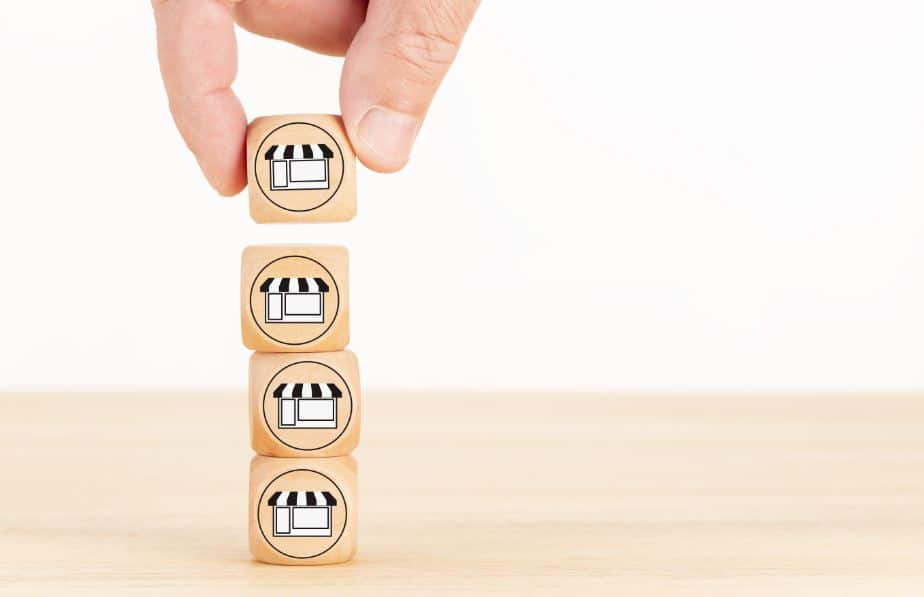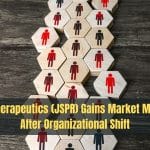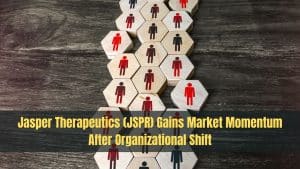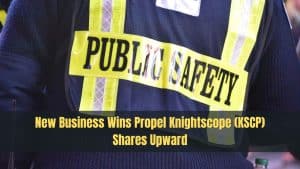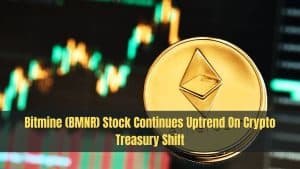Affimed Inc. (AFMD) stock gained by 1.15% at the last trading close while the AFMD stock rises by 24.97% in the pre-market. Affimed is a clinical-stage immuno-oncology organization dedicated to restoring patients’ natural capacity to combat cancer by realizing the innate immune system’s untapped potential.
Top 5 Tech Stocks to Buy in 2024
Don't let the chaos of rising interest rates, potential recession, tighter credit issues, higher oil prices, and incessant geopolitical issues chase you from the markets. Instead, just wait it out. With too much fear in the market, go bargain hunting with tech stocks. We have complied a report with the five of the best ways to profit within this industry.
"Top 5 AI Stocks to Buy in 2024."
Click here to sign up for our free report & newsletter, plus bonus offer "Elon Musk just Tiggered a BOOM in These Stocks"
Sponsored
What’s going on?
AFMD announced that investigator-sponsored research at The University of Texas MD Anderson Cancer Center examining cord blood-derived natural killer cells pre-complexed with Affimed’s innate cell engager AFM13 (CD16A/CD30) yielded promising preliminary clinical results.
This methodology was designed in the lab of Katy Rezvani, M.D., Ph.D., Professor of Stem Cell Transplantation and Cellular Therapy at MD Anderson, who is discussing the findings at the virtual American Association for Cancer Research (AACR) Annual Meeting as part of the Major Symposia and Advances sessions. The presentation will be open to registered attendees until June 21, 2021. On April 13, 2021, Dr. Rezvani will participate in a live panel discussion as part of the presentation.
In adult patients with reoccurring CD30-positive lymphomas, the open-label, non-randomized, standard dose study is testing the pre-complexing of AFM13 with cbNK cells accompanied by three weekly infusions of AFM13 monotherapy. Yago Nieto, M.D., Ph.D., Professor of Stem Cell Transplantation and Cellular Therapy at MD Anderson, is leading the trial.
Results show,
Dr. Rezvani said that in relapsed/refractory (R/R) CD30+ lymphomas, there is still a high unmet medical need for successful therapies. The results of the first patients treated with cbNK cells pre-complexed with AFM13 are encouraging. The findings indicate that this combination facilitates therapeutic responses while posing limited toxicity, indicating that further research is needed as we continue to investigate novel cell therapies for our patients.
- With an objective response rate of 100 percent, all four patients experienced substantial disease reduction, with two full responses and two partial responses as measured by the investigator.
- Cytokine release syndrome, neurotoxicity syndrome, and graft-versus-host disease were not identified.
- The second dose cohort is being selected for the study.
